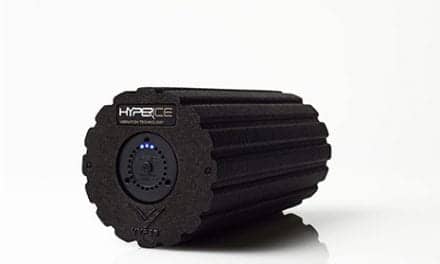A new computer program that utilizes airport security-style technology may help physicians predict which patients might suffer potentially fatal side effects from a key stroke treatment. According to an Imperial College London news release, the program assesses brain scans using pattern recognition software similar to that used in airport security and passport control, and the technology was developed by researchers at Imperial College London. The results of the pilot study, which was funded by the Wellcome Trust, are published in the journal Neuroimage Clinical.
For the study, researchers trained a computer program to recognize patterns in the brain scans that represent signs, such as brain-thinning, in order to predict the likelihood of bleeding within the skull. The research team then compared the automated pattern recognition software against radiologists’ ratings of the scans. The results of the comparison showed that the computer program predicted the occurrence of bleeding with 74% accuracy compared to 63% for the standard prognostic approach.
Paul Bentley, PhD, says, “Our new study is a pilot, but it suggests that ultimately, doctors might be able to use our pattern recognition software, alongside existing methods, in order to make more accurate assessments about who is most at risk and treat them accordingly. We are now planning to carry out a much larger study to more fully assess its potential.”
The Imperial College London news release notes that the researchers aim to explore whether their software could also be used to identify stroke patients who might be helped by intravenous thrombolysis who are not currently offered this treatment. The researchers believe that their software has the potential to help doctors to identify which of those patients are at low risk of suffering side effects and hence might benefit from treatment, as noted on the Imperial College news release.
[Source: Imperial College London]





